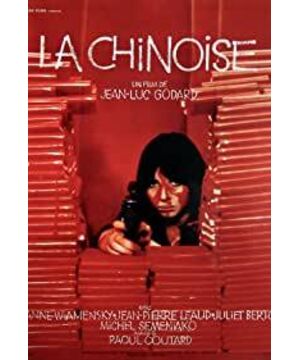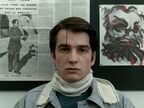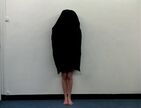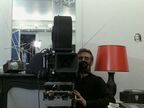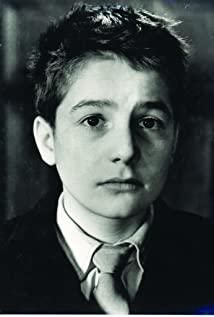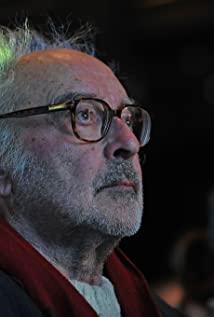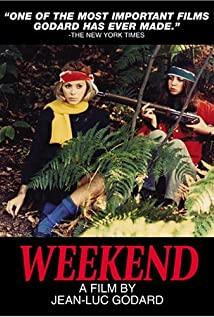Francis:
But your idea?
Veronique:
To close universities.
Francis:
But how?
Veronique:
With bombs.
Francis:
With bombs? Are you going to... Are you going to throw bombs?
Veronique:
Listen, when one starts killing students and teachers, they won't show up, and so the universities will close.
Francis:
But tell me are you doing it alone?
Veronique:
Well, there are two or three of us.
Francis:
Two or three, but...
Veronique:
But for example you during the Algerian War when Djamila Bouhired blew up cafes, you were there, you defended her when Marshal Juin and then those L'Express guys were against her.
Francis:
Uh-huh.
Veronique:
All of France was against her except for you.
Francis:
Yes, that's right. But there is a difference, and tell me if I'm wrong.
Veronique:
What difference? Please explain?
Francis:
Because there was a whole people behind Djamila. There were men and women who had already entered the struggle...
Veronique:
But it was for...
Francis:
Pardon?
Veronique:
It was for indipendence, and me too, I want my independence.
Francis:
You want your independence, but how many of you want it that way? I asked you, and you said two or three.
Veronique:
Precisely. There are many who don't think about it yet. So we think for them now. It's for them.
Francis:
Do you think you can make a revolution for others?
Veronique:
But Francis, you agree that work is struggle?
Francis:
Of course it's struggle, but what is the struggle?
Veronique:
Look, if I want to know the theory and methods of revolution, I'm obliged to participate practically in a revolution.
Francis:
You can participate in a revolution but not invent one.
Veronique:
Look, if I want to gain knowledge, you have to go through practice, right?
Francis:
Yes.
Veronique:
Do you agree?
Francis:
Yes, I agree, but revolutionary practice nevertheless presumes knowledge of the situation. Do you know?
Veronique:
Yes, I know the situation. Everything is wrong.
Francis:
You know it, but do you know...
Veronique:
And it makes itself known to... to...
Francis:
Do you know what can be done to remedy it?
Veronique:
But you do agree that all genuine knowledge originates in direct experience?
Francis:
When you believe in direct experience, does it tell you what content to give to your action next? Because terrorism, it's only the beginning of action. It's terrorism, isn't it?
Veronique:
Yes, it's terrorism.


